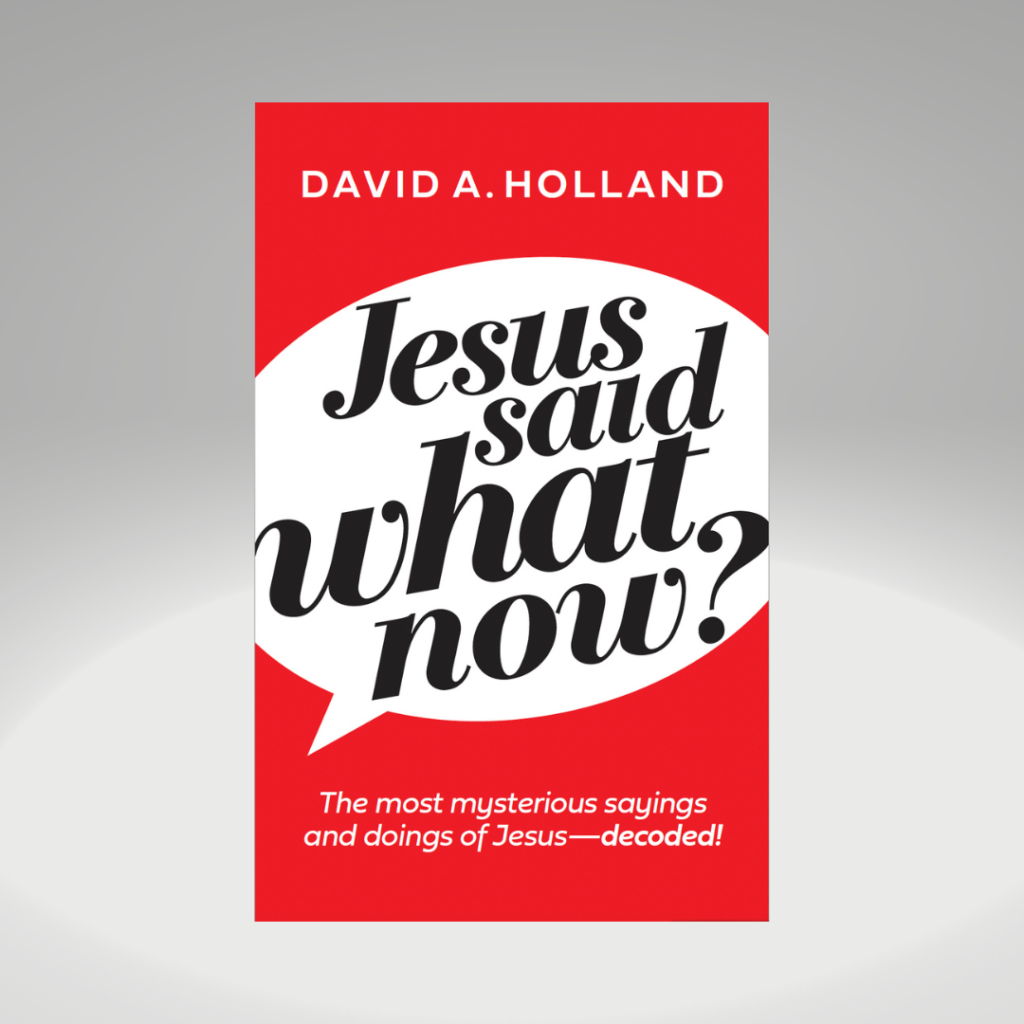
There is no fear in love. But perfect love drives out fear, because fear has to do with punishment. The one who fears is not made perfect in love (1 John 4:18, NIV).
Notice this phrase from the verse above: “… because fear has to do with punishment.”
Pastors and parents raising children have something in common: Both are responsible for training a group of people.
Parents instinctively use fear as a training tool for very small children. Curious little ones must be taught to avoid fascinating open flames, beckoning electrical outlets, and the strange but friendly-looking dog on the other side of the busy street. As children get older, most parents continue to utilize the tool of fear to encourage good choices, but only because we want the best for our kids. We love them and want them to live great lives and become happy, productive adults.
Similarly, pastors love their flocks. They, too, want to see those under their care making good choices, doing all the “oughts” and avoiding all the “ought nots.” So many present God as harsh and hard to please. They keep the sword of negative consequences dangling over the heads of the congregation.
Frankly, this is precisely why many well-meaning pastors resist the full implications of New Covenant grace. In spite of all that the Gospel of Grace reveals about rest and ceasing from our works, many continue to present the fear-sprinkled gospel of, “Do good. Get good. Do bad. Get bad.” They are terrified of letting go of the stick of “fear” to keep people doing “the right thing.”
The great Scottish theologian Alexander MacLaren understood this tendency to portray God as angry in order to instill fear. Thus, he wrote:
“The love which casts out fear is not the result of a person’s willpower to put away hatred and indifference. It is not about choosing to position oneself toward God and His mercy. The love which casts out fear does so because we have no part to play in it except to open our eyes and see that God has no anger—but rather is perfect, and absolute, and infinite Love.”
Alexander MacLaren
Pray this: “Father, Your extraordinary grace and unfathomable love are transforming me into the person I always wanted to be, but could never become under the “stick of fear.” It is Your kindness that leads me to repentance. Your perfect love has driven out my fear.”













